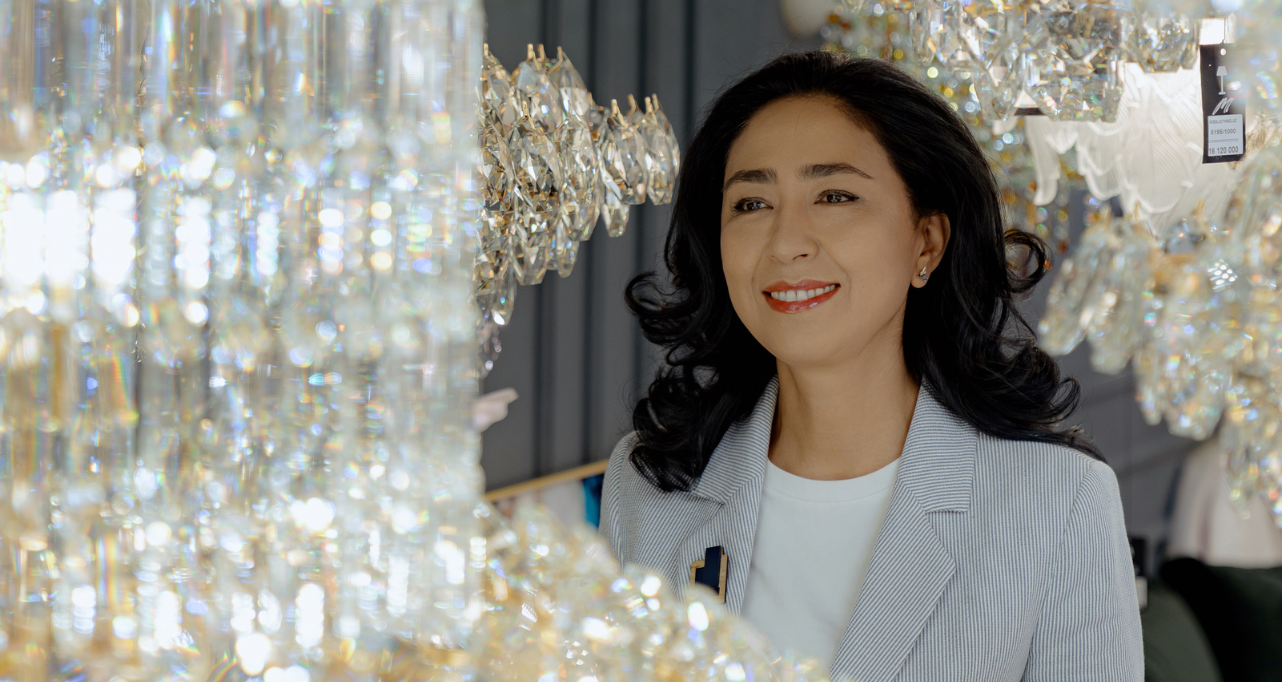Who we are
Overview: about the EBRDWho we are
Overview: about the EBRD
Our story
Learn about the EBRD's journey to investing more than €220 billion in over 7,800 projects.
- Our background and history
- Our organisation
- Our values
- Strategies, governance and compliance
- Project accountability
What we do
Overview: how the EBRD operatesWhat we do
Overview: how the EBRD operates
How we deliver systemic impact
Across three continents, the EBRD supports the transition to successful market economies.
- Where we work
- Products and services
- Sectors we work in
- Our projects
- Focus areas and initiatives
- Economic research
Work with us
Overview: how you can work with the EBRDWork with us
Overview: how you can work with the EBRD
What we offer for businesses
We draw on three decades of regional knowledge and financial expertise to tailor our products and approaches to each client's needs.
- Businesses
- Investors
- Donors
- Researchers
- Civil Society
- Alumni
- Nominee Directors
- Trade finance
- Careers
Lighting the way: how the EBRD and We-Fi have empowered Umida’s business
Author: Altynai Nanaeva

Home is more than just a place to live – it’s where we retreat from the stresses of daily life. As a result, people are investing increasing amounts of time and money in interior design and lighting in order to create a calm, comfortable and inspiring atmosphere. Few understand this better than Umida Rakhmanova, the founder of Miss Lighting, who has dedicated her life to brightening the spaces people call home.
From a gift to a growing enterprise
Umida is a remarkable example of how access to the right financial and advisory support can empower women entrepreneurs to grow bold, family-driven businesses. Her entrepreneurial journey began in 1999 with a simple wish: a desire to give her mother a beautiful chandelier for her birthday. Unable to find the design she had in mind on the market, she decided to make it herself – and at that moment, her business was born.
Today, Miss Lighting has evolved into a multifaceted lighting company that encompasses both the production of custom chandeliers using traditional glassblowing techniques and the manufacture of LED light bulbs. Every chandelier is handmade, blending artistic design with centuries-old craftsmanship – a true fusion of elegance and innovation.
Umida is a mother of four, and her family are strongly involved in the business; her two eldest children now manage the company’s showroom in Dubai. “Business and family are both top priorities – neither can come second. If business is one wing, family is the other. Both require time, but after all family comes first – without their support, my success wouldn’t be possible,” Umida explains.
How the EBRD and We-Fi have helped Umida to expand her business
Support from the EBRD’s Women in Business programme and We-Fi has taken Umida’s business to new heights. Her company was given a UZS 2 billion loan by one of our partner financial institutions, Ipoteka Bank, which allowed her to establish a full-scale LED bulb production facility – expanding her product line and business capacity. But the support didn’t stop there. Through EBRD advisory services as part of non-financial support to Ipoteka bank, Umida was able to upgrade her company’s website, develop a mobile app to reach customers online and undertake specialist training to enhance her digital and e-commerce skills.
A loyal client of Ipoteka Bank since 1999, Umida is proof that when women entrepreneurs have access to both capital and knowledge, their potential is limitless. Her story shows that the ERBD’s support is not just about financing – it’s about building confidence, fostering innovation, and empowering women to lead thriving businesses.
